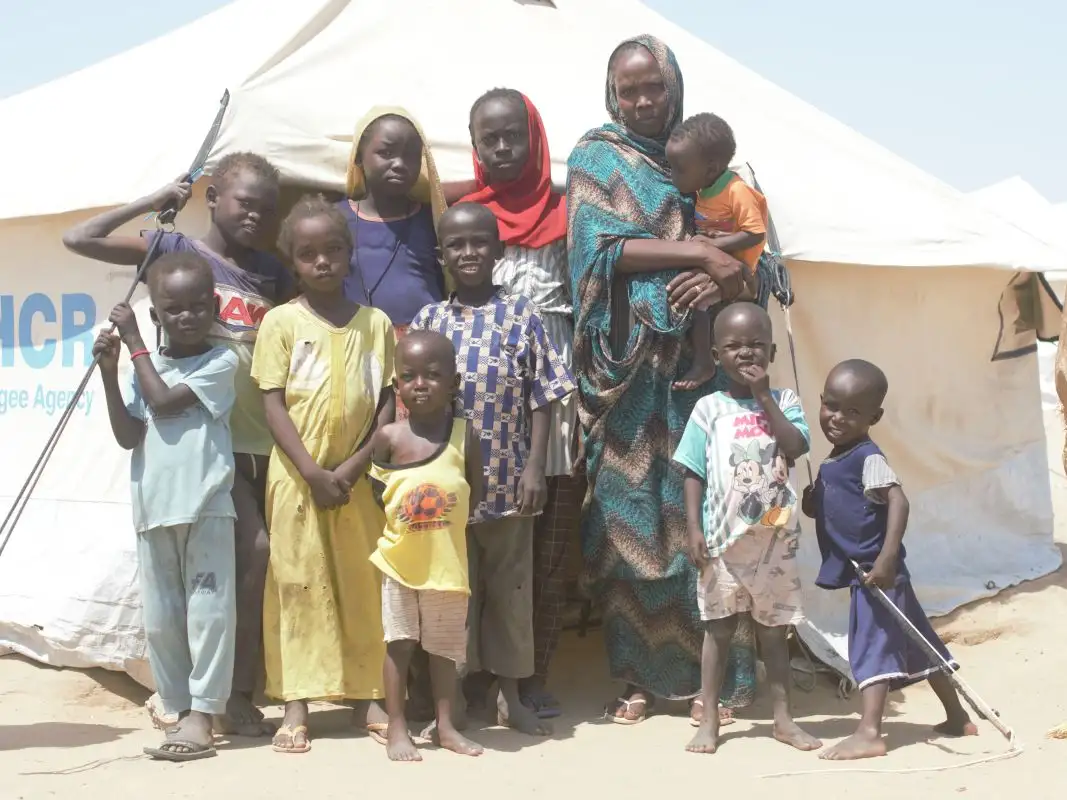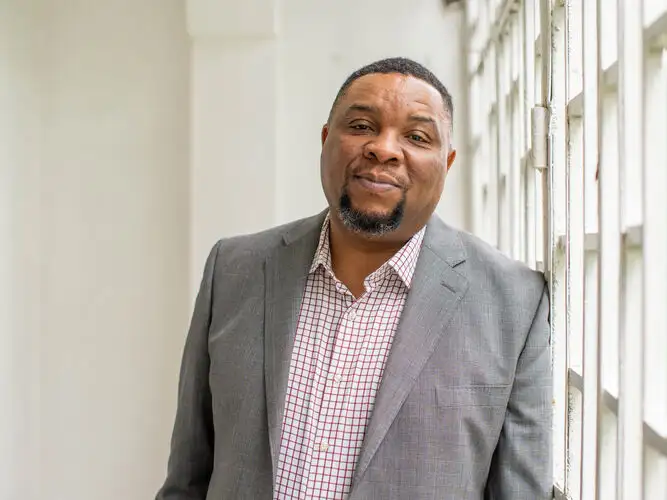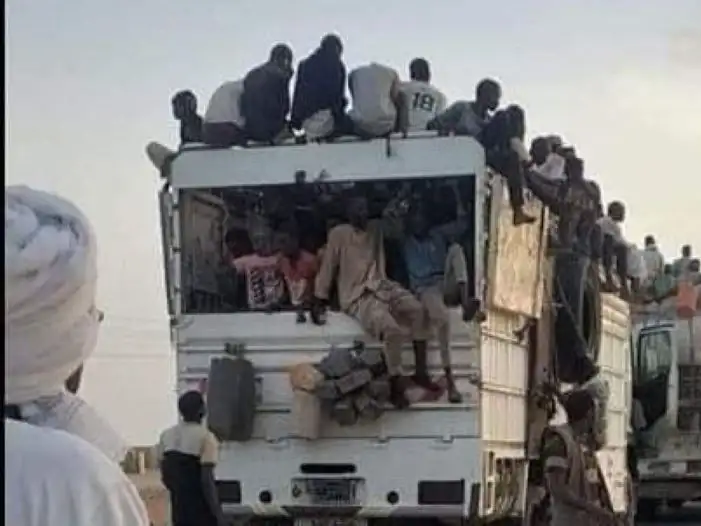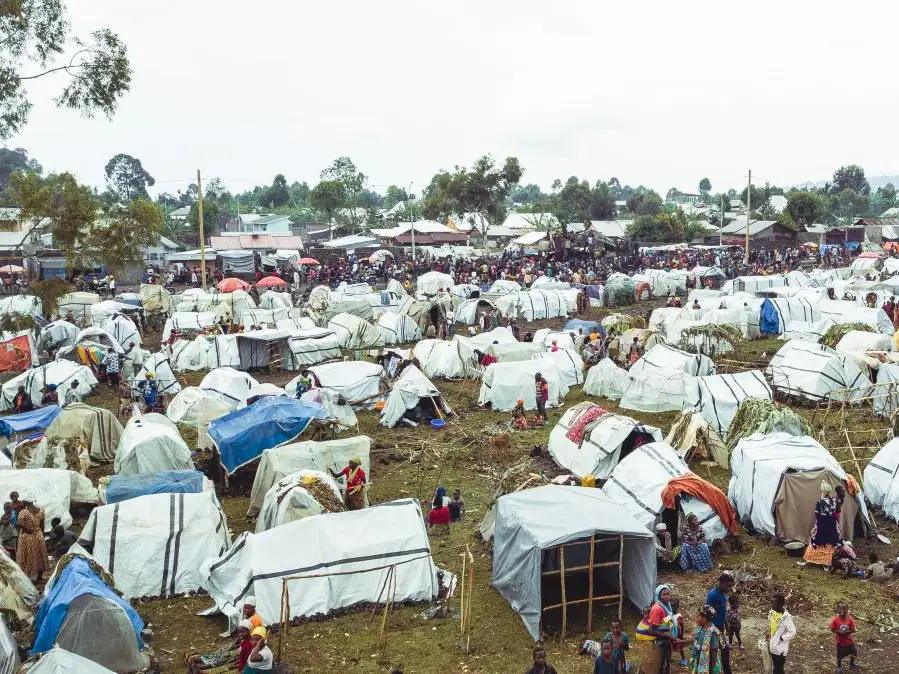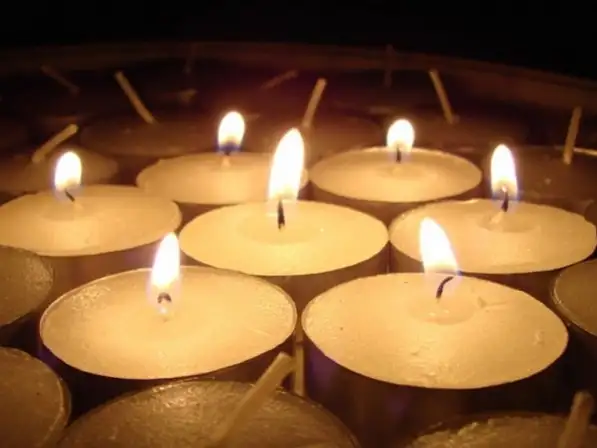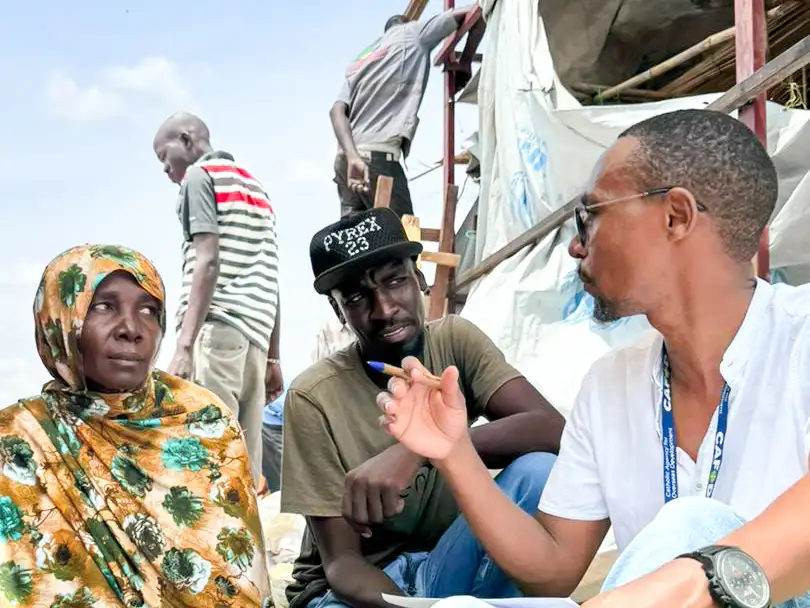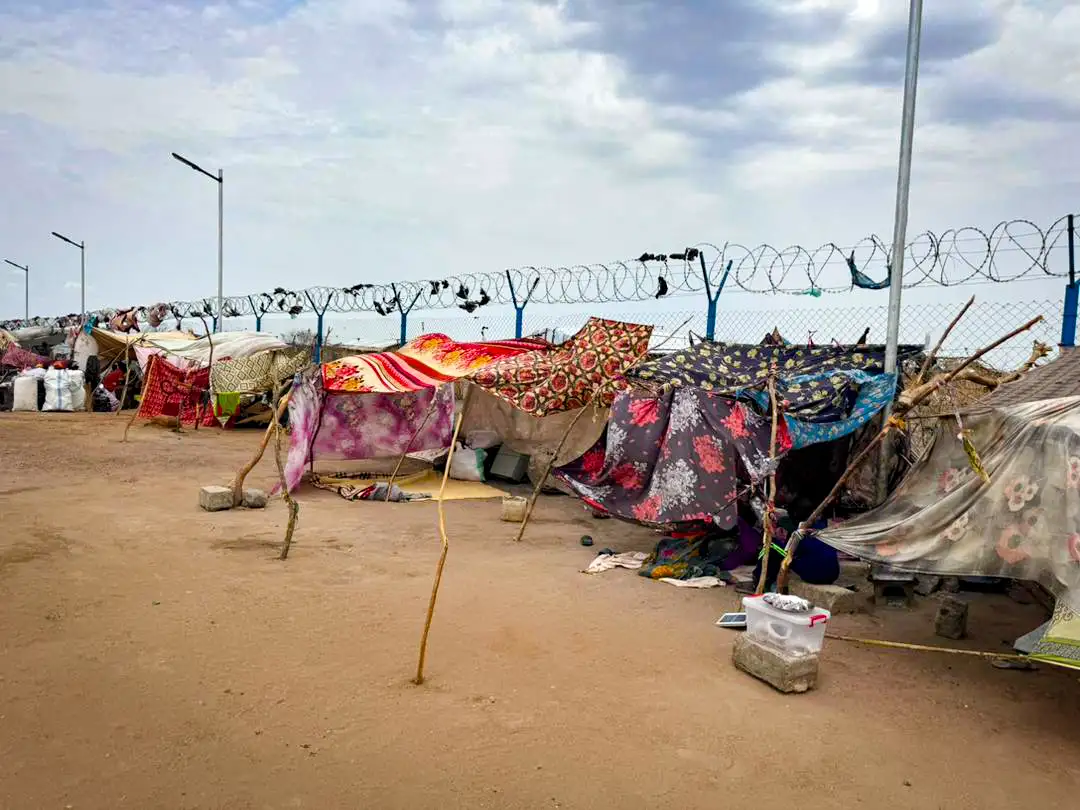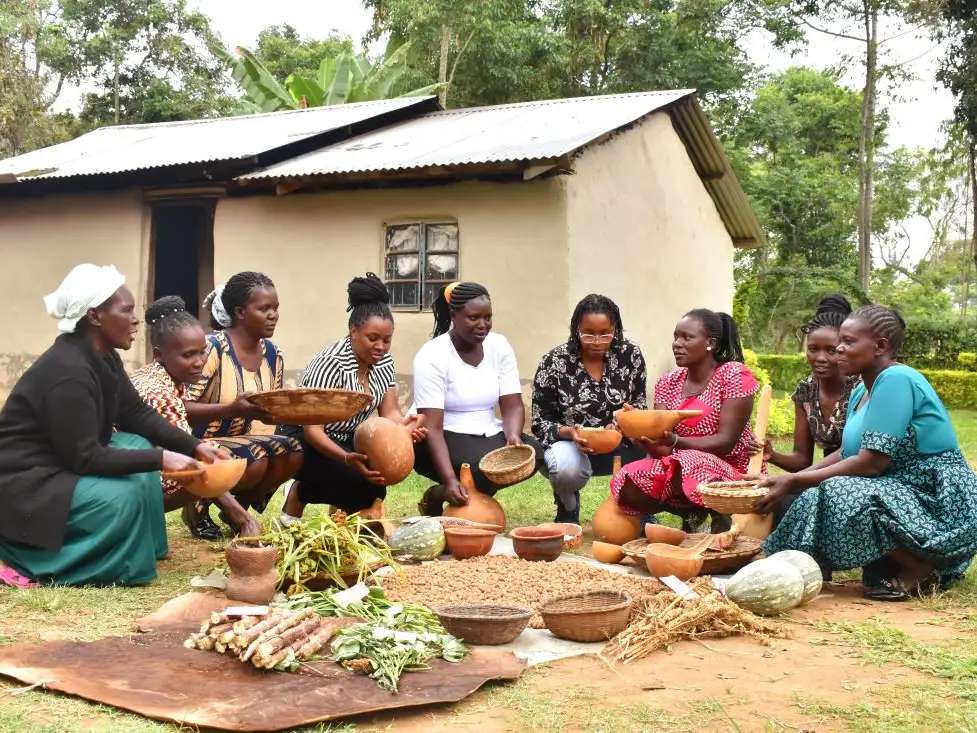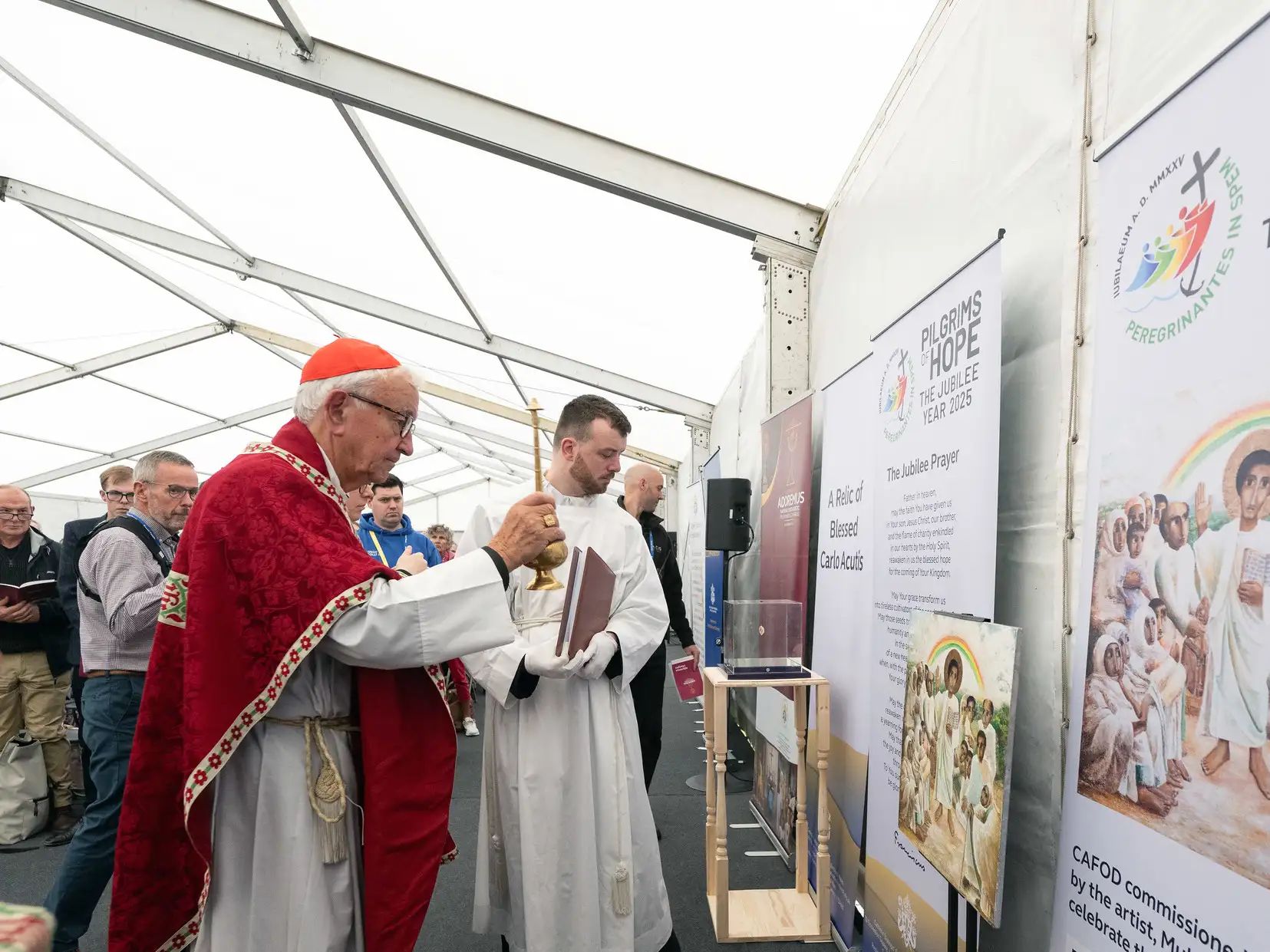

Some of the most vulnerable people live in countries hugely affected by climate change.
CAFOD has worked in sub-Saharan Africa since the 1970s. Today our work continues to span diverse cultures and environments across the continent with programmes in West Africa and the Great Lakes Region, Horn and East Africa, and Southern Africa.
We work with both Church and secular organisations at local, national and regional level to bring about positive and long-lasting change to the lives of the poorest and most vulnerable.
We work alongside our partners to:
Tackle poverty in rural and urban areas by helping women and men to earn a living and provide for their families.
Support communities to sustainably manage natural resources and to protect and regenerate the environment.
Create more peaceful and just societies, especially for women and girls.
Support communities, civil society and Church leaders to have more say in political and economic life.
Respond to emergencies such as droughts, floods and armed conflict.
Help communities to recover and move into long-term development, as well as supporting them to be better prepared for the hazards they face.


